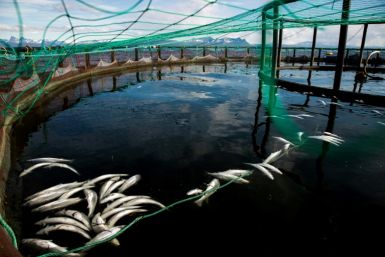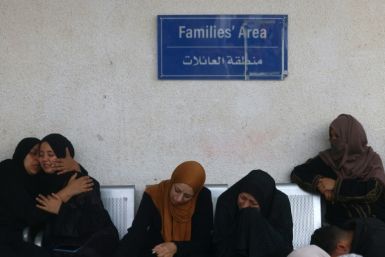Ebola Update: WHO Blasts Canada, Australia Visa Bans To Ebola W. Africa Nations, Demands Justification

The World Health Organisation is demanding Canada and Australia its recent imposition of travel visa bans to the Ebola afflicted west African nations of Sierra Leone, Guinea and Liberia.
The two countries' travel restrictions, WHO said, isn't based on science. Moreover, it restricts and complicates the deployment of relief workers and supplies to the affected countries.
Dr. Isabelle Nuttall, head of the WHO's department of global capacities alert and response, told the Canadian Press news agency that Canada's ban, which has not had a case of the virus yet, breaches what is stipulated under the International Health Regulations. The IHR states that countries should not impose trade or travel sanctions against affected countries currently experiencing infectious disease outbreaks, or at least beyond the recommendations of the WHO. Canada is a signatory to the IHR. The visa travel ban is exactly a measure that has "gone beyond the recommendations of the WHO's emergency committee."
Nuttall said strong measures such as border closures need to be well documented and explained to the affected regions or individuals. Because if not, they will find a circumvent it and thus still be able to enter the country that imposed the border closure. "The consequence to a country might be even worse than not having had a travel ban."
Imposing a visa ban against Sierra Leone, Guinea and Liberia does not and will not make Canada and Australia safe from the Ebola virus, Nuttall said. What is more important is that countries starting to panic about the deadly virus remain vigilant, noting there is no such thing as "false sense of security."
"We do not believe in the current circumstances travel bans can be efficient. And we don't believe that the stopping of transmission of Ebola will be achieved by imposing a travel ban," Nuttall explained.
On Oct. 27, Australia announced the suspension of granting visas to the Ebola-hit west African nations. It was the first among the Western nations do to so. Four days later, Canada announced the same. Both countries said the measure only meant to prevent the entry of the deadly virus in their shores.
Related:
Ebola Update: Canada Enacts Visa Ban Against Afflicted West African Nations






